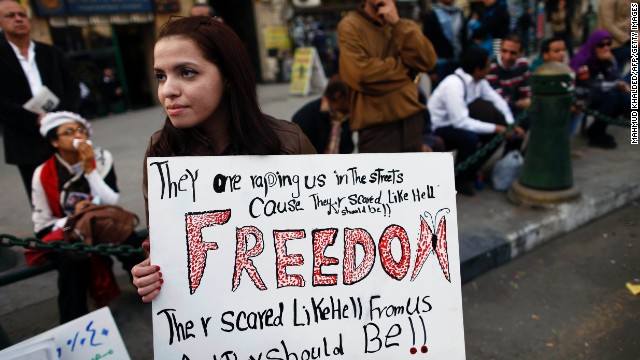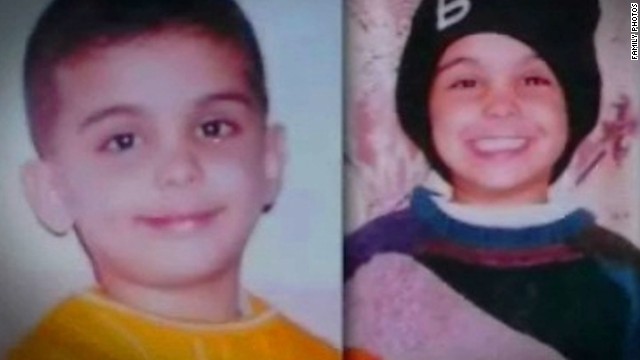
No more instant. Cape Town coffee huts now offer a higher quality brew.
A decade ago, there was no cafe culture, nowhere to go for a flat white and certainly no expectation of locally roasted beans.
Those days are gone. Specialist coffee shops did nearly four times the business here in 2012 as in 2007.
The epicenter of the country's coffee revolution is Cape Town, whose population has a reputation for being trendy and aspirational.
These days, to-go cups from the right coffee shop are displayed like choice accessories.
A few companies are willing to take the credit for spearheading the trend, though it's more likely the combined result of several that had the foresight to anticipate interest in better coffee and the ability to interpret it for a local audience.
From bad to good to great
Coffee expectations, till recently, have been very low. Instant coffee, often cut with chicory, was a vehicle for lots of milk and sugar to warm the body and provide a minor buzz.Capetonians who used to drink instant coffee, tea or no hot beverage at all, have since discovered the cappuccino.
Wimpy, KFC, BP Garage and other chains offer cheap and cheerful versions for the masses.
"They've got these coffee machines. But you don't smell coffee," says Anthony Swarz of Anthony's Golden Cup. "I don't know if it's instant. But it's not the same as if people walk into my shop, as if they've been pulled by the nose."
Swarz links the end of apartheid to the demand for better quality coffee.
"Now that all races can travel, wherever they go, they get good coffee," says Swarz. When they return, he says, their expectations are higher, and they seek out local roasters.
Swarz is old school. His small shop has tiny tables for two and is decorated with an assortment of flags (both for coffee and soccer countries, he says) and antique coffee makers from various cultures.
Swarz, who is in his 70s and drinks several full-strength cups daily, prepares the drinks himself, serving them in zebra-striped mugs.
"Sometimes they take all the fun out of making coffee with those little coffee pods. When you start grinding your own coffee, it's fun."
Swarz listens to the coffee beans to decide when they're done.
"Different coffees have a different cackle," he says. "You know exactly when to let it out, to get the best























